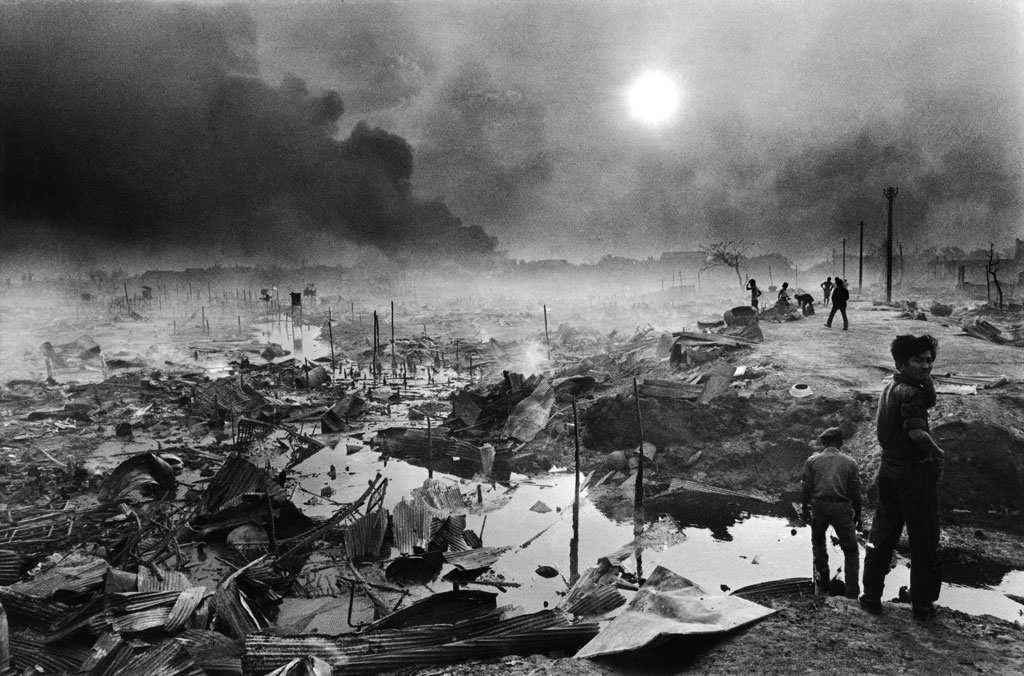Authors:
Historic Era: Era 10: Contemporary United States (1968 to the present)
Historic Theme:
Subject:
Summer 2024 | Volume 69, Issue 3


Authors:
Historic Era: Era 10: Contemporary United States (1968 to the present)
Historic Theme:
Subject:
Summer 2024 | Volume 69, Issue 3

Editor's Note: The following was adapted from Carolyn Woods Eisenberg’s recent book, Fire and Rain: Nixon, Kissinger, and the Wars in Southeast Asia.
It was viewed as an awesome responsibility. For members of the House Judiciary Committee, whatever they had said about Richard Nixon in the past, whether in anger or admiration, the decision to approve articles of impeachment weighed heavily. If approved, it would go to the full House of Representatives for a vote; and if the vote was in favor of impeachment, then the Senate would decide whether the president was guilty of “high crimes and misdemeanors.”
While theirs was only the first step in the process, members of the committee had strong reasons to believe that what they collectively decided could determine the fate of the president of the United States. More than a century had passed since the last time Congress had entertained such a possibility. And it was no small thing to unseat a president—especially Richard Nixon, who, in his re-election effort, had carried every state in the union but one.
From May 9 through July 30, 1974, the Committee (consisting of 36 men and two women) pored over books of documents, questioned witnesses, weighed the arguments of counsel, and debated with one another. Its chairman, Democrat Peter Rodino, wanted to focus on the first three articles of impeachment. Seeking to minimize party divisions, he believed that those three were the most likely to find some measure of bipartisan support. Each of those pertained to domestic crimes linked in some fashion to the Watergate break-in and subsequent investigations.

Since June of 1972, when seven men were arrested for illegally entering the headquarters of the Democratic National Committee in the Watergate Hotel, there had been a steady drip and then a flood of revelations about the administration’s misuse of power. This break-in, which seemed inexplicable on the surface, had been executed by a “Plumbers” group connected to the White House and specifically to the Committee to Re-elect the President (CREEP). The Plumbers, it emerged, had been responsible for illegal eavesdropping, burglaries, intimidation, and “dirty tricks.”
Because the connection to the White House would be so damaging to Nixon